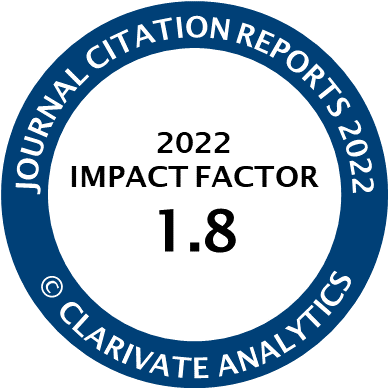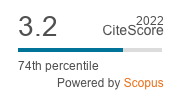Article | Open Access
Neighborhood Planning for a Divided City: The Case of Beirut
| Views: | 1584 | | | Downloads: | 1026 |
Abstract: This article discusses planning within Municipal Beirut, Lebanon, while focusing on the specific context of divided cities and societies, proposing a series of recommendations based on socio-economic and political science and planning theory to understand such contexts. It explores the case of Municipal Beirut that has undergone a devastating blast on August 4th, 2020, and left thousands of households in critical condition by leaving an already shattered sectarian city/society with an unforeseen planning future. By examining successful examples or frameworks in other cities and similar-context cities in history with urban/social shocks, evaluating current planning initiatives, and analyzing the case study of the recent Beirut Urban Declaration report, this article investigates neighborhood planning as a flexible framework that one must undertake to provide the divided city of Beirut a healthy and sustainable development. It argues that difference and diversity are a noteworthy feature of the city of Beirut and its society and should hence be incorporated in any planning approach even if the consequences on the ground may differ. Considering that planning could change the spatial, socio-economic, and political dimensions of a defined urban space, this article explores which of these dimensions can be used to intensify or lessen contestations over space in Beirut under the current sectarian culture reflected in both social and spatial realms. In the wake of the blast and amid all these divisions, this article will show that neighborhood planning stands out as a flexible and sustainable solution. By establishing a spatially targeted program, introducing innovative tools for neighborhood planning and management, and initiating a small-scale governance structure, neighborhood planning will create an intermediate level between the municipality, citizens, and other local actors, enhancing its social capital and leading eventually to an undivided planning strategy at a national and city scale.
Keywords: Beirut; Beirut Urban Declaration; divided city; divided society; intra-urban inequalities; neighborhood planning; sustainable post-war recovery
Published:
© David Aouad. This is an open access article distributed under the terms of the Creative Commons Attribution 4.0 license (http://creativecommons.org/licenses/by/4.0), which permits any use, distribution, and reproduction of the work without further permission provided the original author(s) and source are credited.




